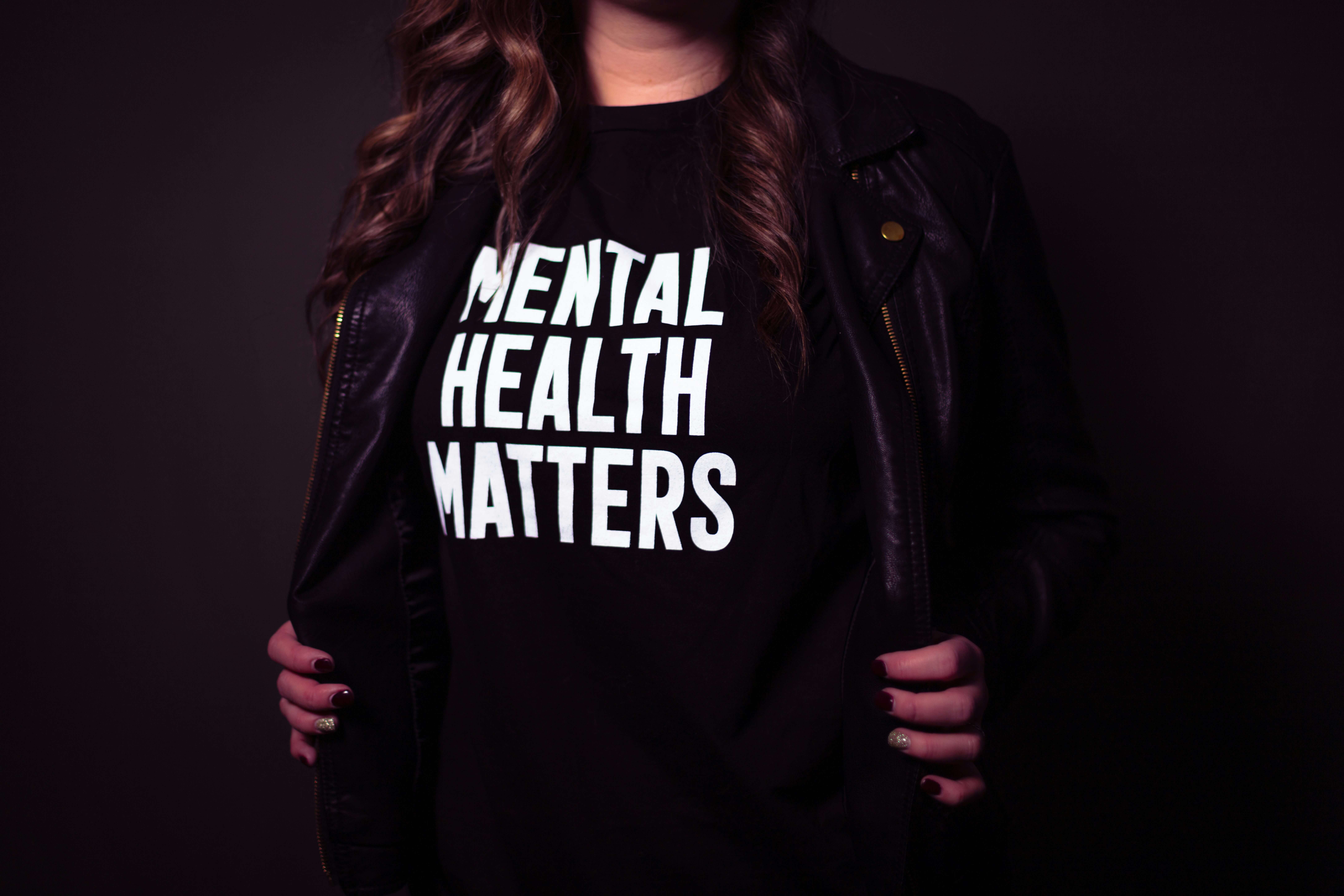A critical care nurse in Las Vegas has worried that her constant exposure to the coronavirus (COVID-19) could increase her own risk of getting it. A palliative care doctor in Manhattan has had to tell families over the phone that their loved ones are dying of COVID-19 and cannot physically come to say goodbye.
And others in the New York Times’ compilation of health care workers’ stories describe working in war zones, having too few supplies and struggling to forget the fear of death in their patients’ eyes.
But despite fear, exhaustion and frustration, medical personnel all over the country and across the world continue to show up every day to do what they can for patients and support their colleagues. If you’re a nurse, doctor, first responder or anyone else that’s been on the front lines of COVID-19, thank you for your heroic service.
At Fountain Hills Recovery, we know that even heroes like yourself need a little help sometimes. If you’re struggling with your mental health or have turned to alcohol or drugs to cope, it’s important that you seek addiction and mental health treatment now, so you can give 110 percent to your patients in the future.
Why Do Health Care Workers Struggle with Addiction and Mental Health?
A new study published in the journal Frontiers of Psychiatry looked at the mental health effects COVID-19 has had on Chinese health care workers during the peak of the epidemic. Working in dangerous conditions with heavy, full-body protective gear and not being able to eat, hydrate or go to the bathroom during working hours led to increased insomnia, stress, trauma and other mental health issues.
COVID-19 has undoubtedly made working conditions harder for all health care personnel, including doctors, nurses and first responders. But even in normal conditions, medical workers are just as vulnerable to addiction and mental health issues as the general population.
Long shifts, irregular working hours, high-stress situations and easy access to drugs are all factors that contribute to alcohol or drug use by health care professionals. Health care workers also have a higher suicide rate than other professions due to untreated conditions like trauma and depression.
While grim, this information can be used to help overcome the stigma of addiction and mental health and get our health care personnel the treatment they need.
5 Reasons to Seek Addiction and Mental Health Treatment Now
If you’re a doctor, nurse, technician or another member of the medical field, your physical and mental health are key to living a healthy life and providing the quality care your patients depend on. If you’re struggling, here’s why you should get addiction and mental health treatment now:
1. You’ll Be Safe from COVID-19. Substance abuse and stress can significantly impact your immune health and make you even more at risk for contracting the virus than you already are working with patients. Addiction and mental health treatment centers like Fountain Hills Recovery have been following strict health protocols to ensure all clients are safe from the virus, giving you a healthy environment to heal from substance abuse and mental health challenges.
2. You Can Finally Have Time to Focus on Yourself. One of the toughest parts about committing to addiction treatment is setting aside all your other responsibilities. You have a family to care for, patients to attend to and it may feel like now just isn’t the time to focus on you. But you’re no good to your family or patients if you’re struggling with addiction or can’t focus due to PTSD. Taking time to attend treatment can help you return to your life and work at the top of your game.
3. You Can Recharge Before Going Back to Work. Working in the health care field can trigger a lot of stress and burnout, especially right now. Addiction and mental health treatment give you the chance to take a break from all the chaos and address the issues that led to your substance use or mental health struggles. You’ll be able to catch up on sleep, eat healthy foods your body and mind need to properly function and learn new stress-relieving tactics you can use when you return to work.
4. You’ll No Longer Feel Stigmatized. As common as drug abuse and mental health conditions are, they are still heavily stigmatized. Plus, as a doctor or nurse, you may feel like you should be able to handle these things on your own. Even health care workers need help, though, which is why treatment centers like Fountain Hills Recovery offer a judgement-free environment and employ compassionate staff members who understand what you’re going through. Here, you don’t need to feel ashamed about your substance abuse or mental health conditions.
5. You Can Build a Support Network. It may be hard to talk to your colleagues and family about what you’re struggling with. In addiction and mental health treatment, you’ll be surrounded by staff and clients who get what you’re going through and can support you as you progress through treatment. These individuals can also become the support network you turn to for guidance and comfort when you return to every-day life.
Get the Addiction and Mental Health Treatment You Deserve at Fountain Hills Recovery
At Fountain Hills Recovery, we were founded on a mission to help first responders like yourself recover from addiction and dual diagnosis disorders. Today, we still strive to provide effective substance abuse and mental health treatment to health care workers, especially during this COVID-19 pandemic.
As a health care professional, we know you want to continue caring for your patients and family. Let us care for you and help you heal from substance abuse and mental health challenges, so you can be fully present and healthy when treating patients or when at home with your family.
Contact our expert staff today to learn more about our treatment programs and get started.





